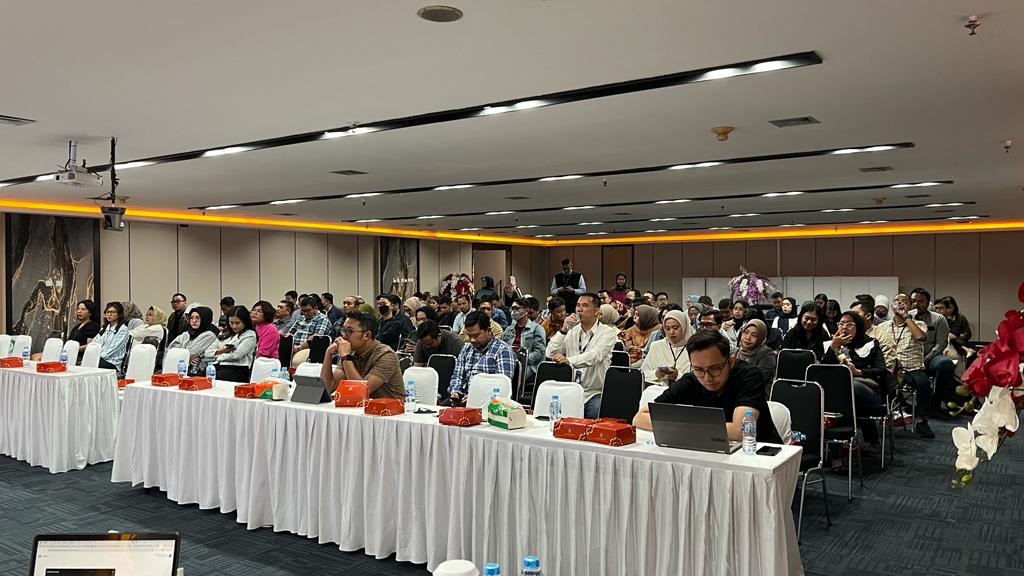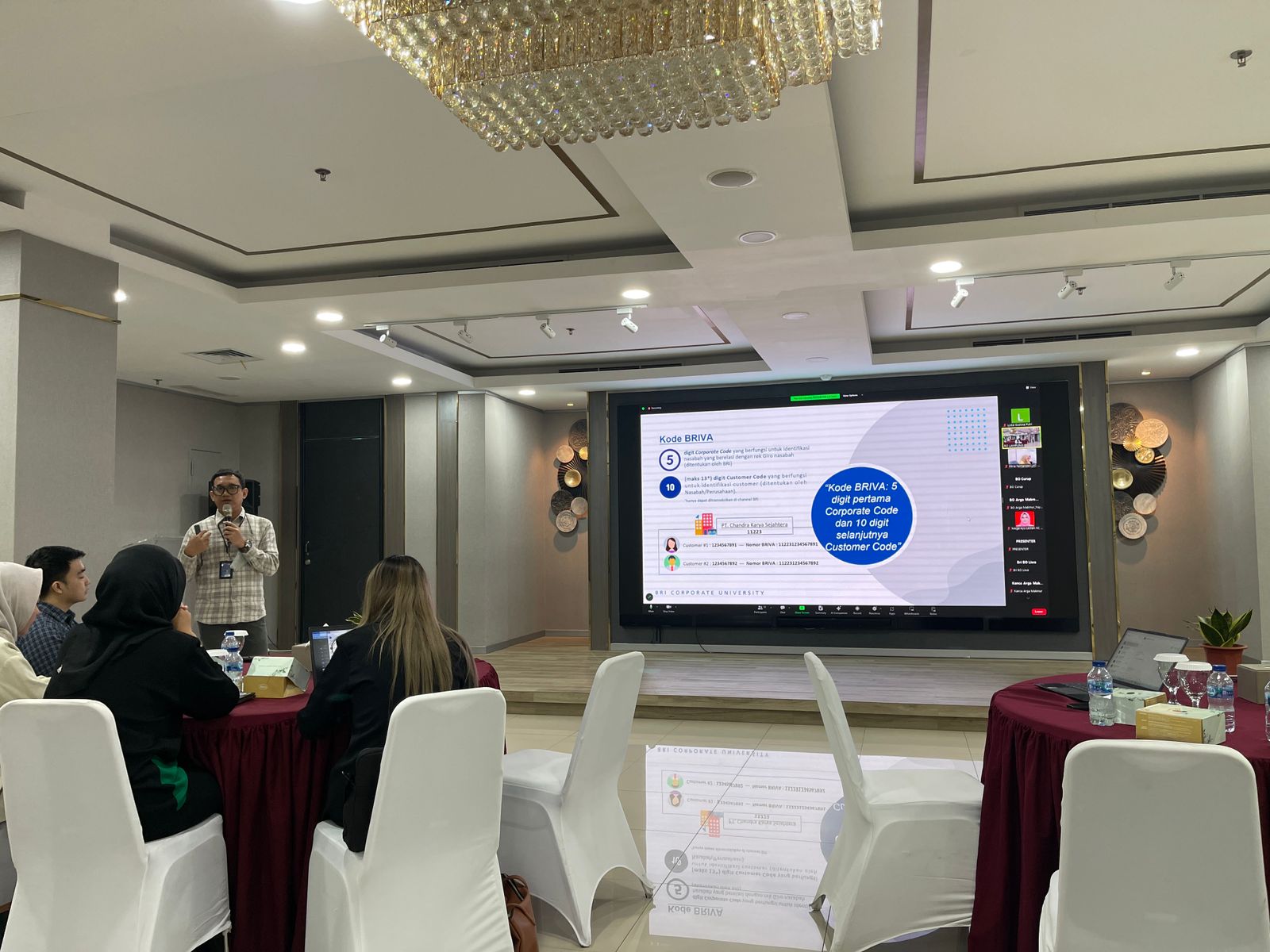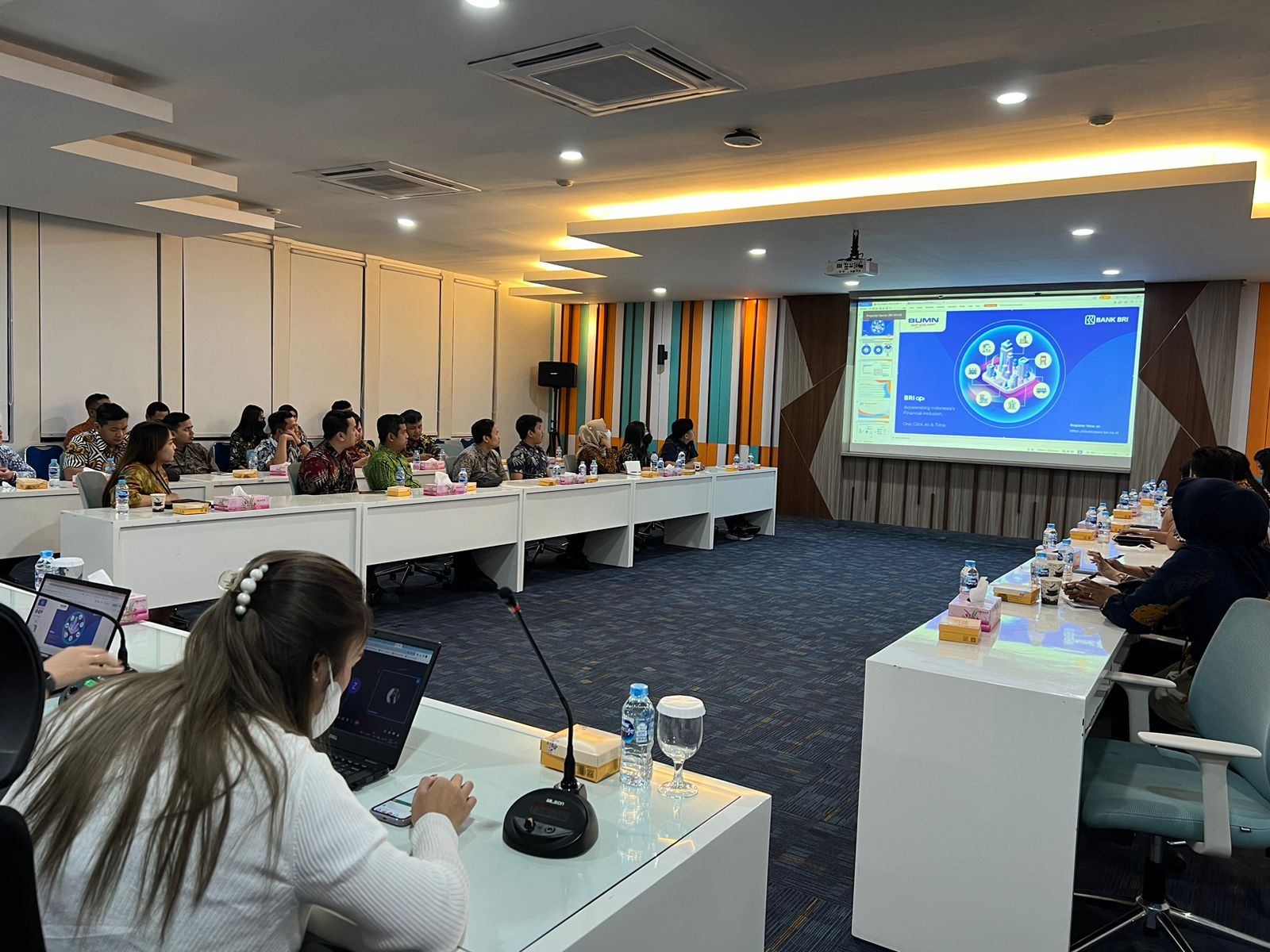News
Supporting the existence of Open API payment standards in the banking environment, BRIAPI held SNAP BI Knowledge Enhancements to BRI's regional offices

News

The Standard National Open API (SNAP) Bank Indonesia (BI) is a National Payment Open API Standard established by the Governor of Bank Indonesia Decree, No. 23/10/KEP.GBI/2021 in August 16, 2021. This policy manages the establishment of Payment Open Application Programming Interface (API) Standards that must be gradually implemented in every Payment Open API. This policy is published to support one of the initiatives of the Indonesian Payment System Blueprint (BSPI) 2025: to introduce payment system policies and navigate the role of the payment system industry in the era of the digital economy and finance. This payment system policy aims to create a healthy, competitive digital payment ecosystem that provides convenience for businesses and customers.
BRIAPI, as one of the pioneers in implementing open finance in Indonesia, also participates in providing education and understanding of SNAP BI standardization in the Indonesian banking environment. Particularly within the internal working environment of BRI, strengthening the SNAP services knowledge starts from the fundamentals by conducting training for all employees, who are directly involved in the operational-level implementation of SNAP BI services, including those in Bank BRI's regional offices. This approach was performed to ensure that BRI employees have a deep knowledge of how to optimize SNAP BI service standardization.
BRI realizes that supporting the development of SNAP BI services in Indonesia is not only performed by optimizing the technology used but also by optimizing human resources (HR). Therefore, BRI has performed SNAP BI knowledge enhancements of SNAP BI services to employees in its regional offices, especially to employees who have direct contact with the implementation of SNAP BI services at the operational level.

There are several goals that BRI would achieve with this knowledge enhancement:
BRI tries to introduce SNAP BI standardization to employees, who have jobs related to SNAP BI implementation at the operational level, such as Relationship Manager Funding and Transaction (RM FT), Relationship Manager Lending (RM Lending), and others. This condition allows relevant employees to understand what and how the current SNAP BI standardization is.
BRI seeks to provide in-depth knowledge of how the SNAP BI mechanism could operate, including the technical and conceptual elements that underlie it. If workers within BRI have a good knowledge of the SNAP BI mechanism, they could help parties outside BRI, who are involved in the implementation of SNAP BI services.
The SNAP BI mechanism covers security and compliance aspects. Therefore, BRI ensures that its workers understand the security requirements stipulated in the implementation of the SNAP BI service. On the other hand, BRI also ensures that its workers can comply with the regulations and guidelines set out in the BI SNAP standardization.
In supporting the existence of Open API payment standardization in the banking environment, BRIAPI has carried out the knowledge enhancements of SNAP BI in several BRI work areas, such as the Jakarta, Jogjakarta, Bandung, Lampung, and Medan Regional Offices.



By achieving these goals through outreach at the regional office level, BRI workers are expected to better understand the SNAP BI mechanism that is currently used in open finance services. This understanding is also hoped that this understanding could help BRI workers process applications for API partners at BRIAPI, especially the SNAP BI service, in a more focused, fast, and efficient way. This condition could be beneficial for both Bank BRI as a service provider and business actors in providing optimal digital transaction services to their customers.
If the SNAP BI mechanism could be implemented optimally, especially from the perspective of banking actors (for example BRI workers), the SNAP BI mechanism could provide benefits in creating a healthy, competitive, and innovative payment system industry, so that conditions could provide payment system services to the Indonesian people efficiently, safely and reliably.
Admin
Ask questions or report issues to the BRIAPI Admin via email.
Sabrina
Get products information from BRI virtual assistant via WhatsApp.